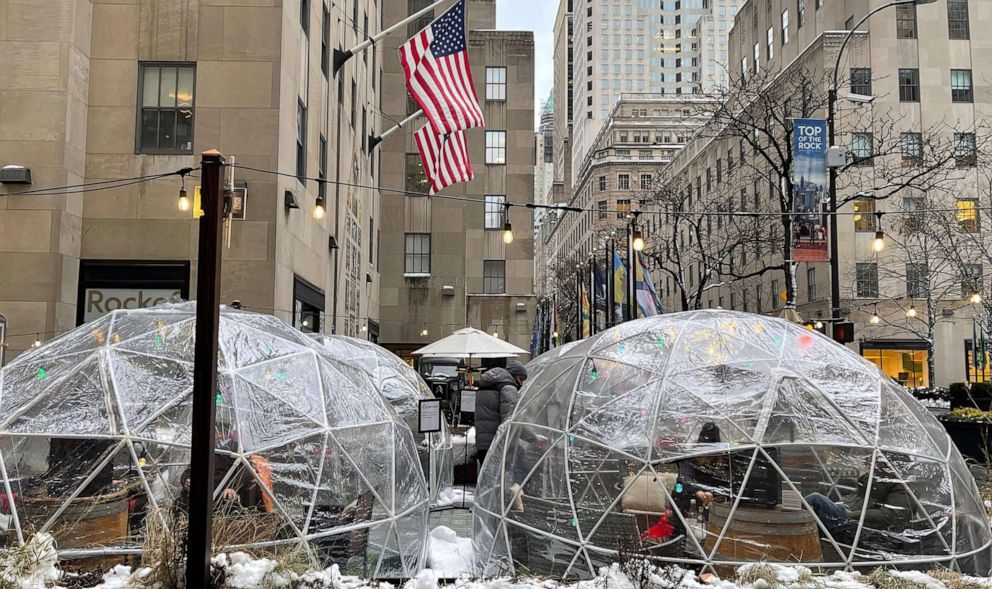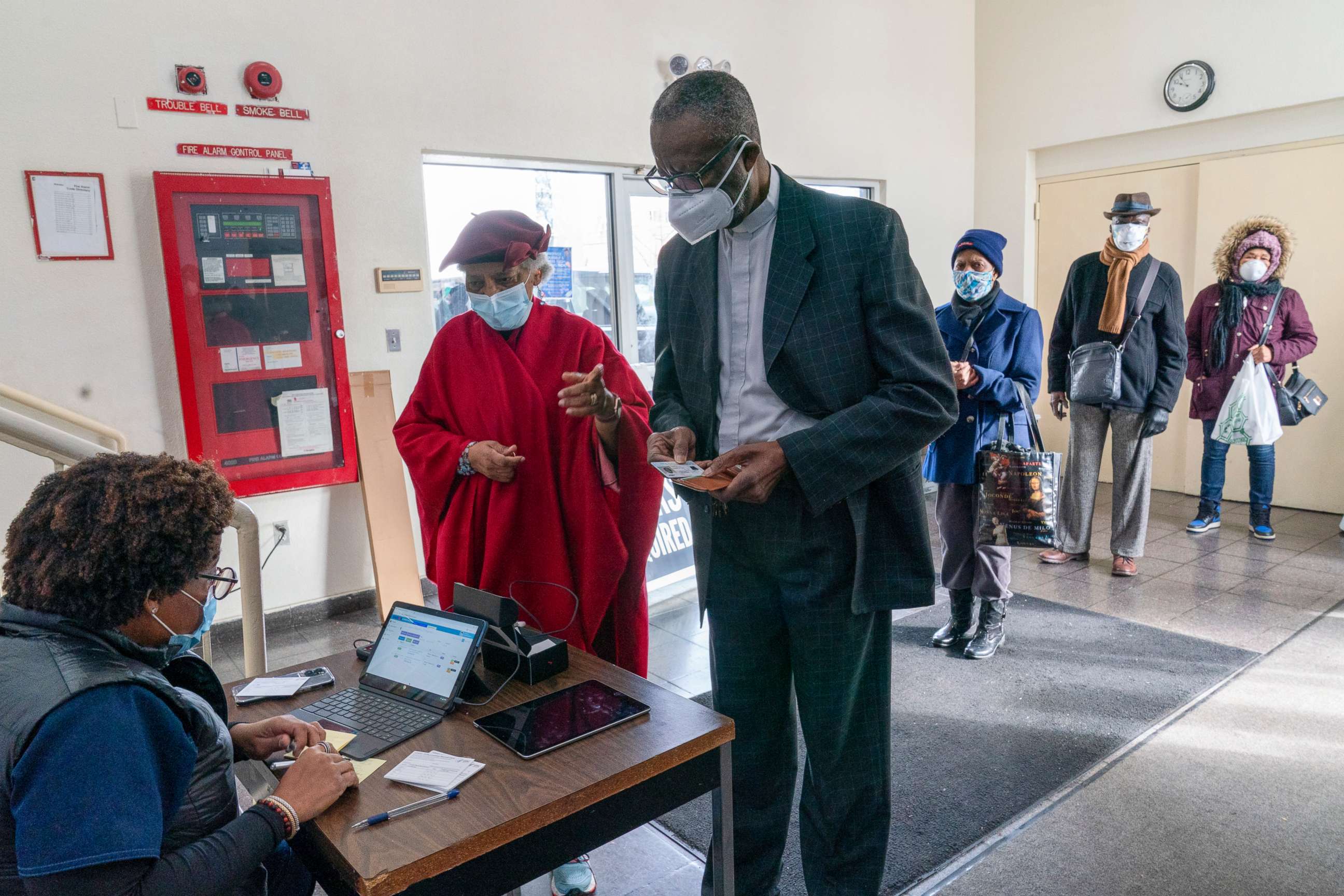US death toll from COVID-19 tops 450,000
An additional 3,912 fatalities from COVID-19 were registered in the United States on Wednesday, bringing the country's cumulative total over the 450,000 mark, according to a real-time count kept by Johns Hopkins University.
Wednesday's tally is still less than the country's all-time high of 4,466 new deaths on Jan. 12, Johns Hopkins data shows.
There were also 121,469 new cases of COVID-19 confirmed nationwide on Wednesday, down from a peak of 300,282 newly confirmed infections on Jan. 2, according to Johns Hopkins data.
COVID-19 data may be skewed due to possible lags in reporting over the Martin Luther King Jr. Day holiday weekend last month.
A total of 26,557,031 people in the U.S. have been diagnosed with COVID-19 since the pandemic began, and at least 450,805 have died, according to Johns Hopkins data. The cases include people from all 50 U.S. states, Washington, D.C., and other U.S. territories as well as repatriated citizens.

Much of the country was under lockdown by the end of March as the first wave of pandemic hit. By May 20, all U.S. states had begun lifting stay-at-home orders and other restrictions put in place to curb the spread of the novel coronavirus. The day-to-day increase in the country's cases then hovered around 20,000 for a couple of weeks before shooting back up over the summer.
The numbers lingered around 40,000 to 50,000 from mid-August through early October before surging again to record levels, crossing 100,000 for the first time on Nov. 4, then reaching 200,000 on Nov. 27 before topping 300,000 on Jan. 2.
So far, the U.S. Food and Drug Administration has authorized two COVID-19 vaccines for emergency use -- one developed by U.S. pharmaceutical giant Pfizer and its German partner BioNTech, and another developed by American biotechnology company Moderna and the National Institute of Allergy and Infectious Diseases. More than 33 million vaccine doses have been administered nationwide, according to the latest data from the Centers for Disease Control and Prevention.






